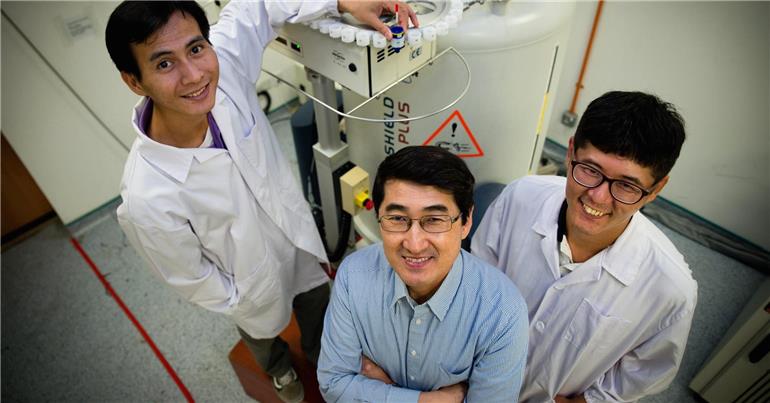A team of international scientists announced a medical breakthrough in Singapore on Thursday that could improve millions of lives: existing anti-malaria drugs have the ability to treat Parkinson's disease, according to new research by Nanyang Technological University (NTU) and Harvard Medical School's McLean Hospital.
After screening over 1000 drugs approved by the U.S. Food and Drug Administration, the scientists discovered that chloroquine and amodiaquine—two common anti-malaria treatments—could bind and activate a class of proteins in the brain vital to fight Parkinson's. Called Nurr1, these proteins protect the brain's ability to generate dopamine neurons, which are essential to the body's movement of muscles.
"Backed by various lines of scientific evidence, Nurr1 is known to be a potential drug target to treat Parkinson's. Despite great efforts from pharmaceutical companies and academia, no one has managed to find a molecule which can directly bind to it and activate it, except for us," said Professor Kwang-Soo Kim from Harvard's McLean Hospital.
The scientists are now aiming to design better drugs for the disease by modifying chloroquine and amodiaquine with the hope of carrying out clinical trials soon.
